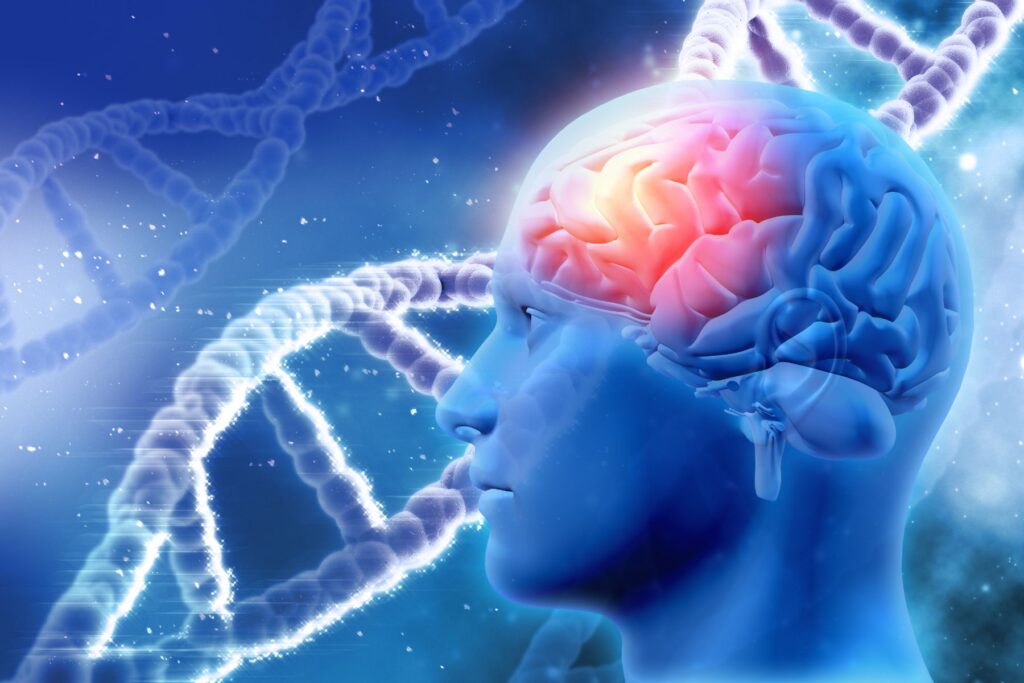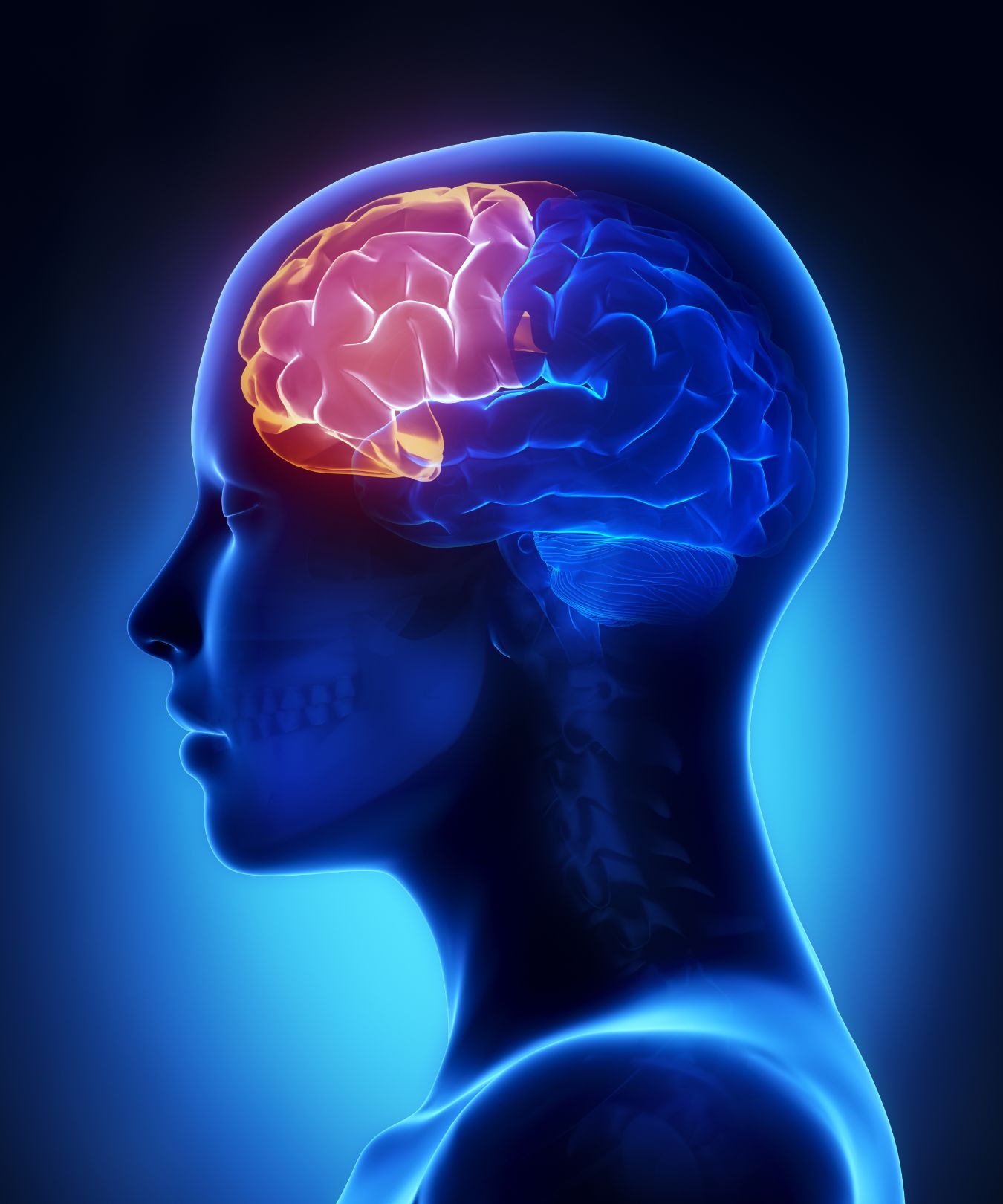Research Projects
Precision therapies for genetically defined orphan neurodegenerative disorders
Frontotemporal dementia (FTD) and Parkinson’s disease (PD) are heterogeneous neurodegenerative disorders in terms of clinical expression and disease pathology. It is therefore unlikely that there will be a one-therapy-fix all solution. Rather, tailored therapies for specific disease subtypes are more likely to succeed.
Recent scientific progress have demonstrated a pivotal pathogenic role for lysosomal dysfunction in FTD and PD and created novel opportunities for therapeutic interventions. We are focusing on subtypes of FTD and PD associated with mutations in the genes encoding the lysosomal factors progranulin (PGRN, encoded by the GRN gene) and glucocerebrosidase (GCase, encoded by the GBA1 gene), respectively. PGRN and GCase belong to the same lysosomal pathway and their activities are reduced in FTD/GRN and PD/GBA1. By targeting the same pathway for different indications we benefit from major synergies in product development. One major challenge is to successfully restore PGRN and GCase signaling in the brain. We provide novel solutions for both manufacturing and drug delivery specifically tailored for the treatment of FTD/GRN and PD/GBA1.


SB06Dx – a first in class prevention therapy for granulin related FTD (FTD/GRN)
Frontotemporal dementia (FTD) is the second most common cause of dementia in people below 65 years of age. There is no therapy available to halt or cure the disease and the need for novel therapies is acute. FTD/GRNis a subtype of FTD that affects approximately 1-2 in 100 000 births. We are developing a novel therapy to restore PGRN levels in the brain; a therapy that aims to halt or even prevent the development of FTD/GRN. There is also a strong rationale to increase PGRN signaling in other contexts of neurodegenerative disorders and in lysosomal disorders including Gaucher disease. We therefore see a strong potential to also develop SB06Dx beyond FTD/GRN.
SB03Dx – a first in class disease modifying therapy for GBA1-associated Parkinson’s disease (PD/GBA1)
Parkinson’s disease (PD) is the second most common neurodegenerative disorder after Alzheimer’s disease and represents the fastest growing neurodegenerative disease today. There is no therapy available that could halt or prevent the disease and the call for effective therapies is urgent. Sinfonia is developing SB03Dx for PD/GBA1, which represents 5-10 % of all PD. SB03Dx is a novel combinatorial therapeutic concept that is designed to both rescue glucocerebrosidase function and to restore the function of already diseased neurons in order to achieve an optimal therapeutic effect. Thus, multiple therapeutic entities are administered in a single therapy, which is enabled by Sinfonia’s gene therapy platform.

